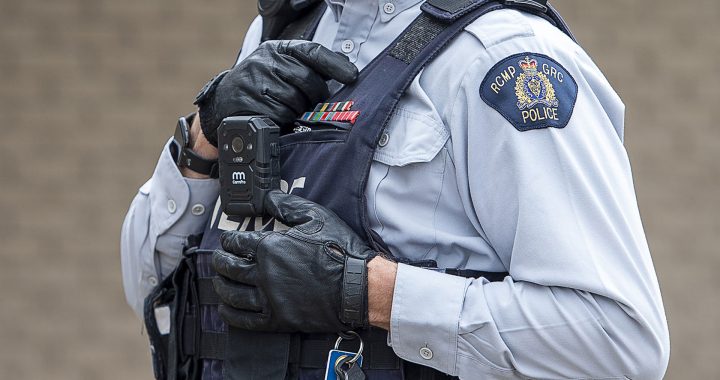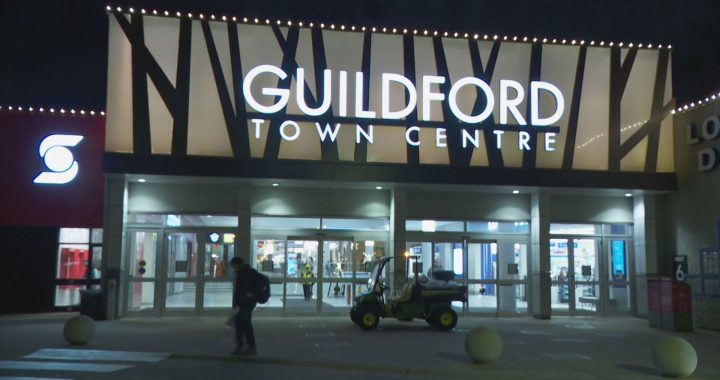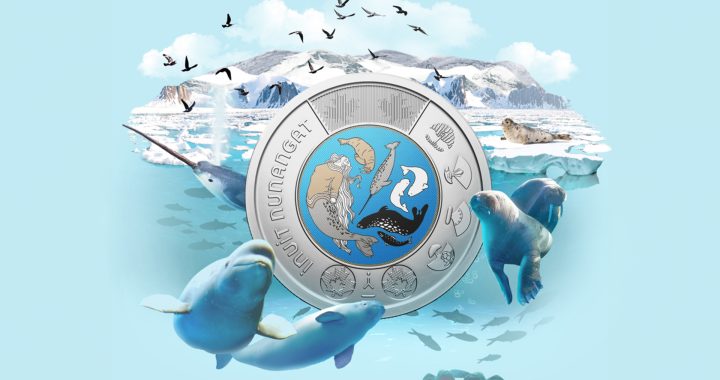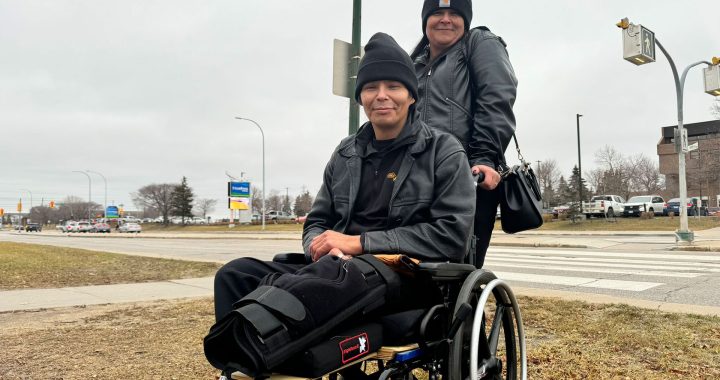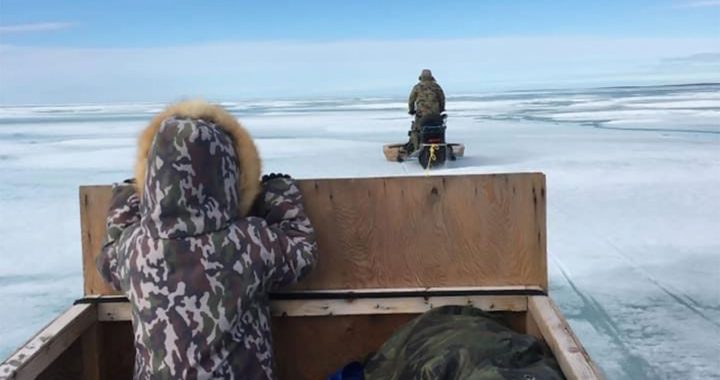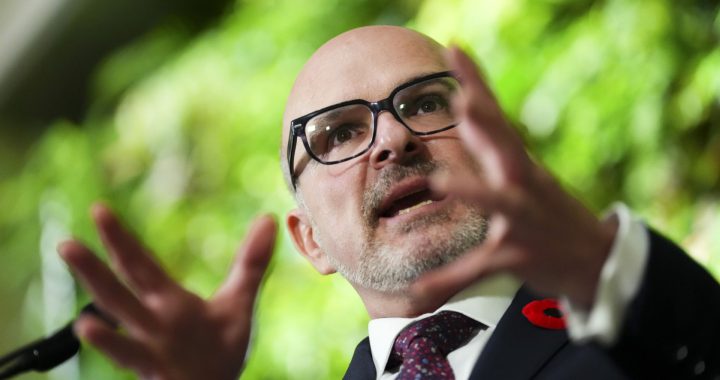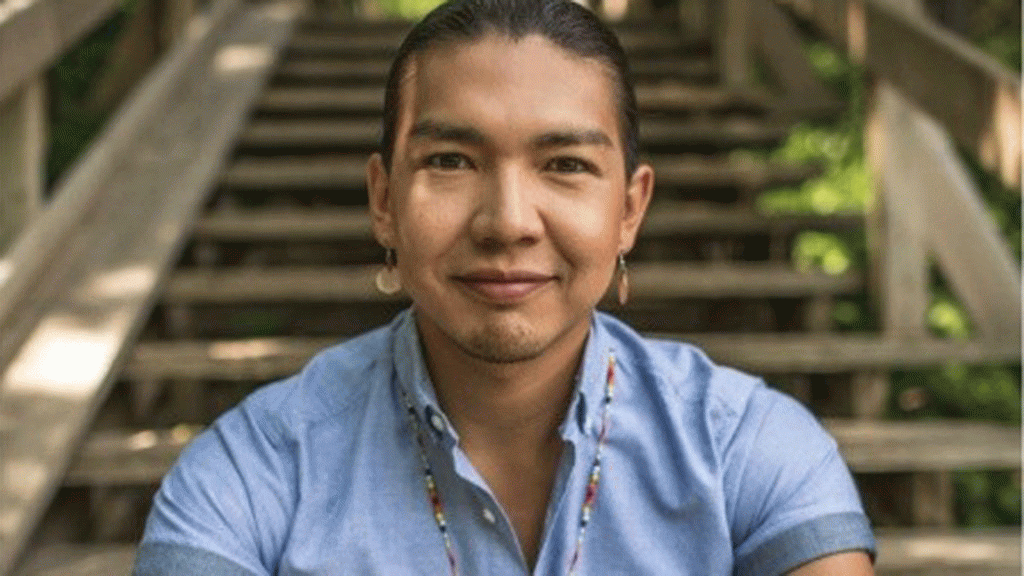
Nahiyaw Physician James Makokis from Saddle Lake Cree Nation in Alberta. Photo: APTN file.
A Cree doctor who was integral in having the Canadian Medical Association (CMA) publicly apologize for its role in the past and ongoing harms to First Nations, Inuit and Métis Peoples says racism persists.
The apology, due Wednesday, comes thanks to a push by Indigenous doctors following the death of Joyce Echaquan. The Atikamekw mother of seven live-streamed the racist insults that health-care workers subjected her to before she died in a Que. hospital on Sept. 28, 2020.
A coroner’s inquest into Echaquan’s death found that racism and prejudice were contributing factors. She died of pulmonary edema shortly after recording the video.
Dr. James Makokis told APTN News it was then that a national dialogue began on anti-Indigenous racism in the health system. Makokis is Nahiyaw from Saddle Lake Cree Nation and served on the first Indigenous Wisdom Circle set up by the CMA following Echaquan’s death.
Makokis says it’s key for the various medical regulatory bodies across the country, including the CMA to recognize their role in the ongoing harms to Indigenous people, including sterilization of women.
“We know that up until 2015 in the Saskatoon Health Authority, that was happening, and that still continues to happen to Indigenous women who undergo sterilization procedures without their consent,” Makokis says. “That continues to happen, which means that in spite of the Royal Commission on Aboriginal Peoples, in spite of the Truth and Reconciliation Commission, in spite of all of these national investigations into why our health is so poor-which again is rooted in colonial violence and colonization, that the medical system has been very complicit in genocide, not only in the sterilization of women, but the experimentation on Indigenous children in residential school.”
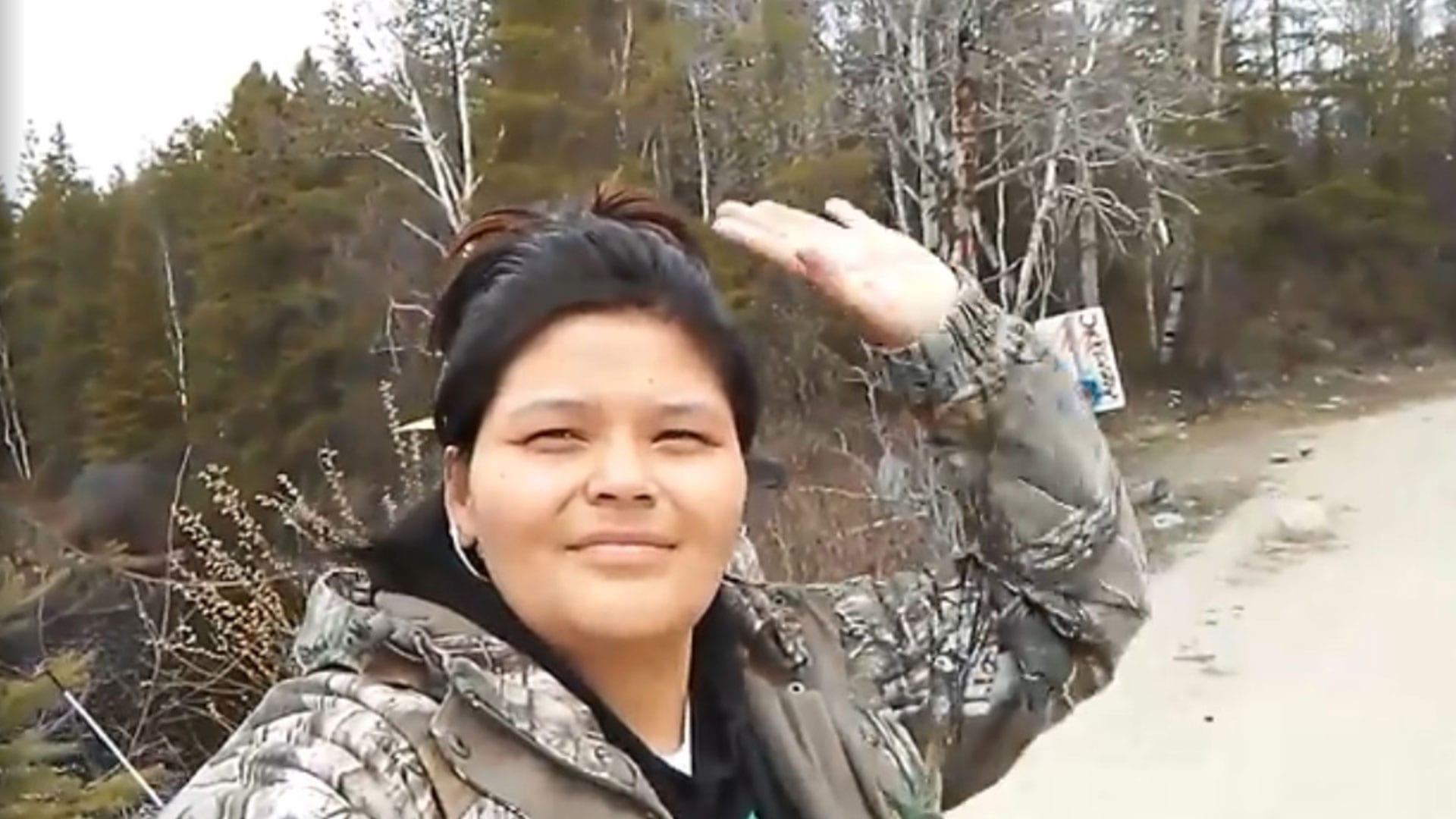
There is no shortage of examples of Indigenous people being mistreated inside Canada’s medical system.
A class action was filed in 2017 on behalf of two women who claimed they were coerced into having the procedures done following the births of their children in RUH. A subsequent report described the experiences of a total of seven Indigenous women who felt they had been coerced into sterilization.
The claims of the women who undertook the class action were given weight by a Senate committee on human rights which said in a 2022 report that even though eugenic laws and policies had been repealed, the racist and discriminatory attitudes behind them are still present in Canada, and forced and coerced sterilization still happens.
Makokis says anti-Indigenous racism is pervasive throughout Canadian society and Indigenous peoples, people of colour, and gender-diverse people continue to die because of discrimination and racism that’s based in dehumanization.
“The first prime minister wanted to get rid of the ‘savages’ and remove them from their ‘heathen’ parents. That’s dehumanizing language,” Makokis says, “And when we look at it from the perspective of 2024 vocabulary, that’s white supremacist racism.”
Makokis feels Indigenous people need to hear recognition of the ongoing complicitness of the medical profession in harming them.
“How does white supremacy continue to be perpetuated within medical schools, within training programs, within leadership positions within medicine to the point where we can still have less than one percent of Indigenous physicians in medical leadership at medical colleges across the country, which is our governing body?” he says.
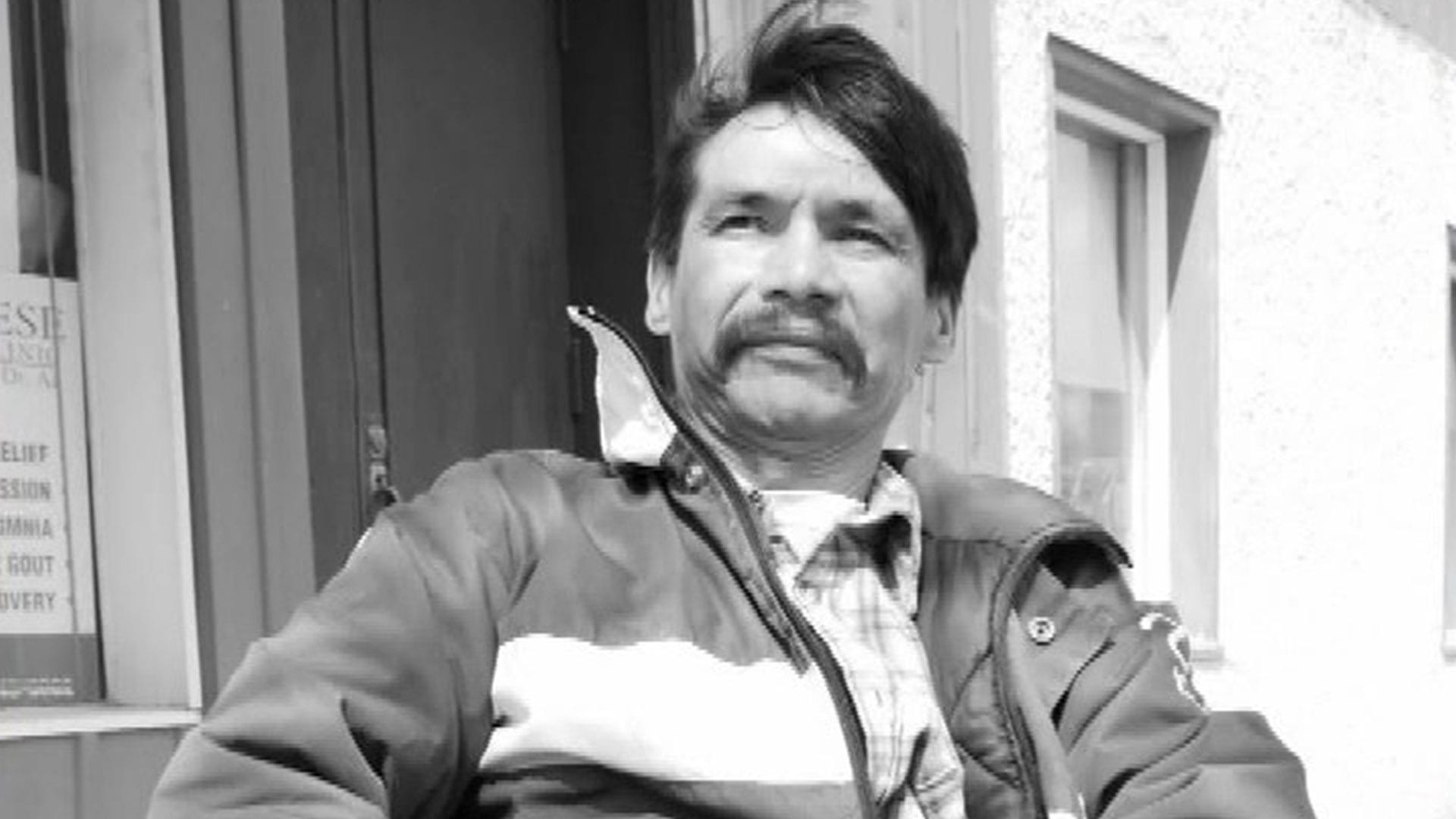
Makokis says with all of the information from various inquiries and inquests available, we should be seeing transformation in Indigenous health statistics, but that’s not happening.
“That really is a point of pause for medical leadership to look internally at their own selves in their role in this continued violence. And that’s what I hope it (the apology) will cause,” Makokis says.
The CMA’s apology to First Nations, Inuit and Métis Peoples will take place in Victoria, B.C. Wednesday on the traditional territory of the lək̓ wəŋiʔnəŋ speaking people of Songhees and Xwsepsum Nations.
“By offering this apology, we hope to build trust with and support Indigenous Peoples, communities and organizations and inspire medical learners, physicians and medical organizations to undertake their own reconciliation journey, professionally, and personally as Canadians,” said the CMA in a news release ahead of the event.
There have been a number of high-profile cases along with Joyce Echequan where the health system has failed Indigenous people.
Lillian Vanasse, 40, died in a hospital in Hanna, Alta., in 2020. Vanasse, originally from Sandy Bay First Nation in Manitoba had sought help at the hospital on Christmas Day after struggling to breathe through the day. Her husband was escorted from the hospital after demanding she be given oxygen. Records showed she never received oxygen and later died. An investigation into her death found she had succumbed to a condition known as wet lung.
Read More:
Alberta to launch ‘fatality inquiry’ into death of Lillian Vanasse
What’s changed since the death of Brian Sinclair?
Would Joyce Echaquan still be alive is she were white? Quebec coroner says ‘I think so’
In 2008, Brian Sinclair, 45, died in the Health Sciences Centre in Winnipeg after waiting more than 30 hours to have a catheter changed. He was found dead in his wheelchair, after waiting in the hospital’s emergency room without being seen. He succumbed to sepsis.
The final report into Sinclair’s case was released in 2014 and it found his death was preventable. It also included more than 60 recommendations including how patients in ERs are triaged and registered. However, jury recommendations from coroner’s inquests are not legally binding.
Following the inquest into Sinclair’s death, critics and family members said there should be a public inquiry. Such an inquiry has not come to fruition.
Makokis predicts there will be resistance to the notion of personal responsibility within the medical profession.
“Definitely there will be resistance to this in the medical profession with people saying ‘that wasn’t me, that wasn’t us’ and that’s true, some of these things may have happened decades ago, but it’s the continued entrenchment of white supremacy that needs to be examined,” he says.
APTN will livestream the CMA apology on Wednesday.




